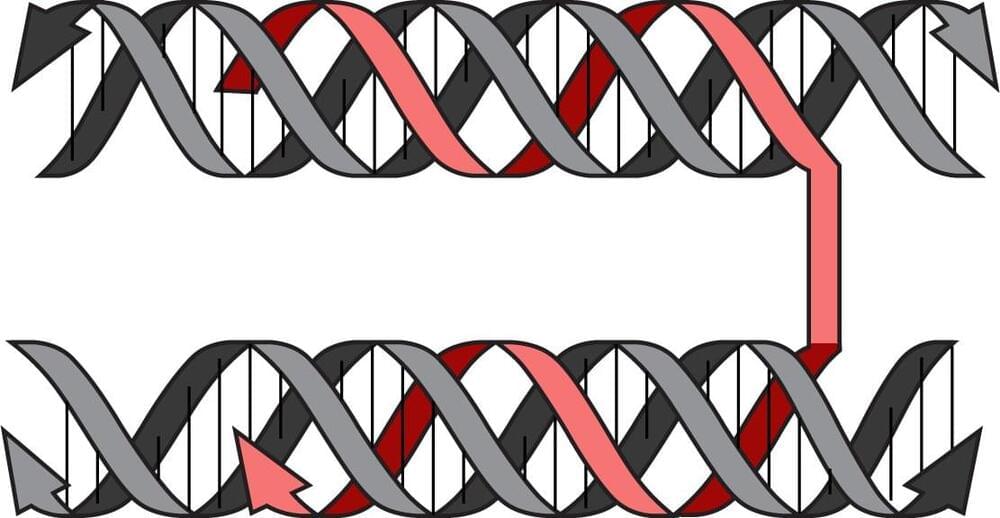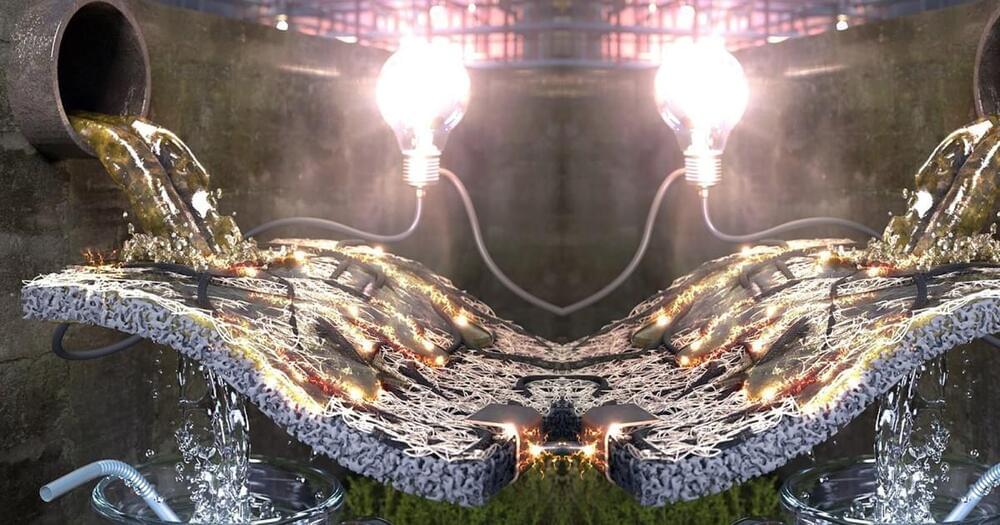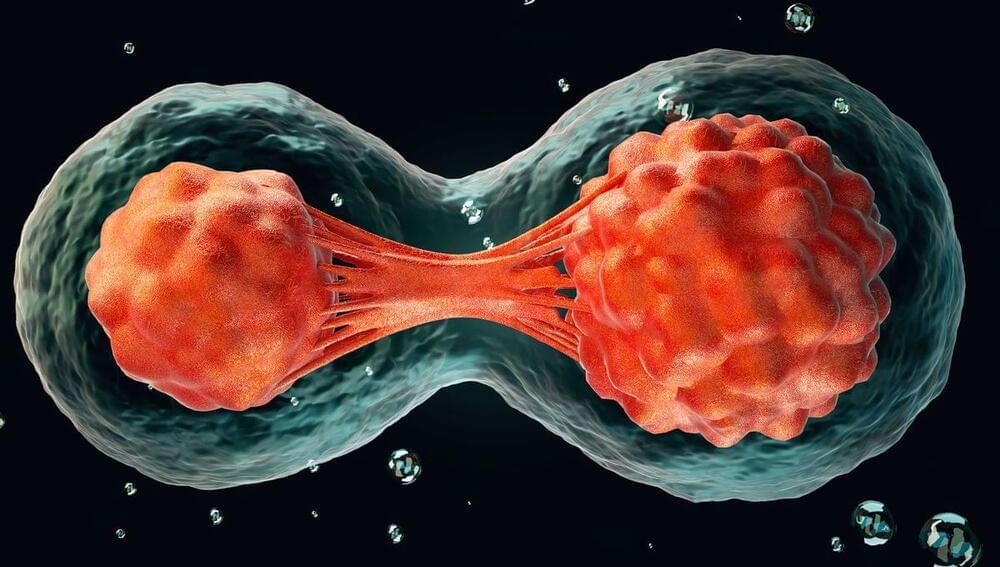There’s no shortage of emerging applications and projects that promise increased productivity, new levels of automation, and cutting-edge innovation. But all too often, AI initiatives within the enterprise fail to get off the ground, and there can be vast and costly unintended consequences when this technology is applied to the wrong use cases or falls into the wrong hands.
In the case of cyber defense, widespread accessibility to generative AI tools, as well as the increasing sophistication of nation-state actors, means that threats are more personalized and convincing than ever. In an era of algorithms fighting algorithms, human defenders must effectively team up with AI to build cyber resiliency and prevent business disruption.
Presented by expert stakeholders from industry, academia, and government, this event is designed to offer practical guidance for security teams to cut through the noise and unleash the power of AI responsibly and effectively.








